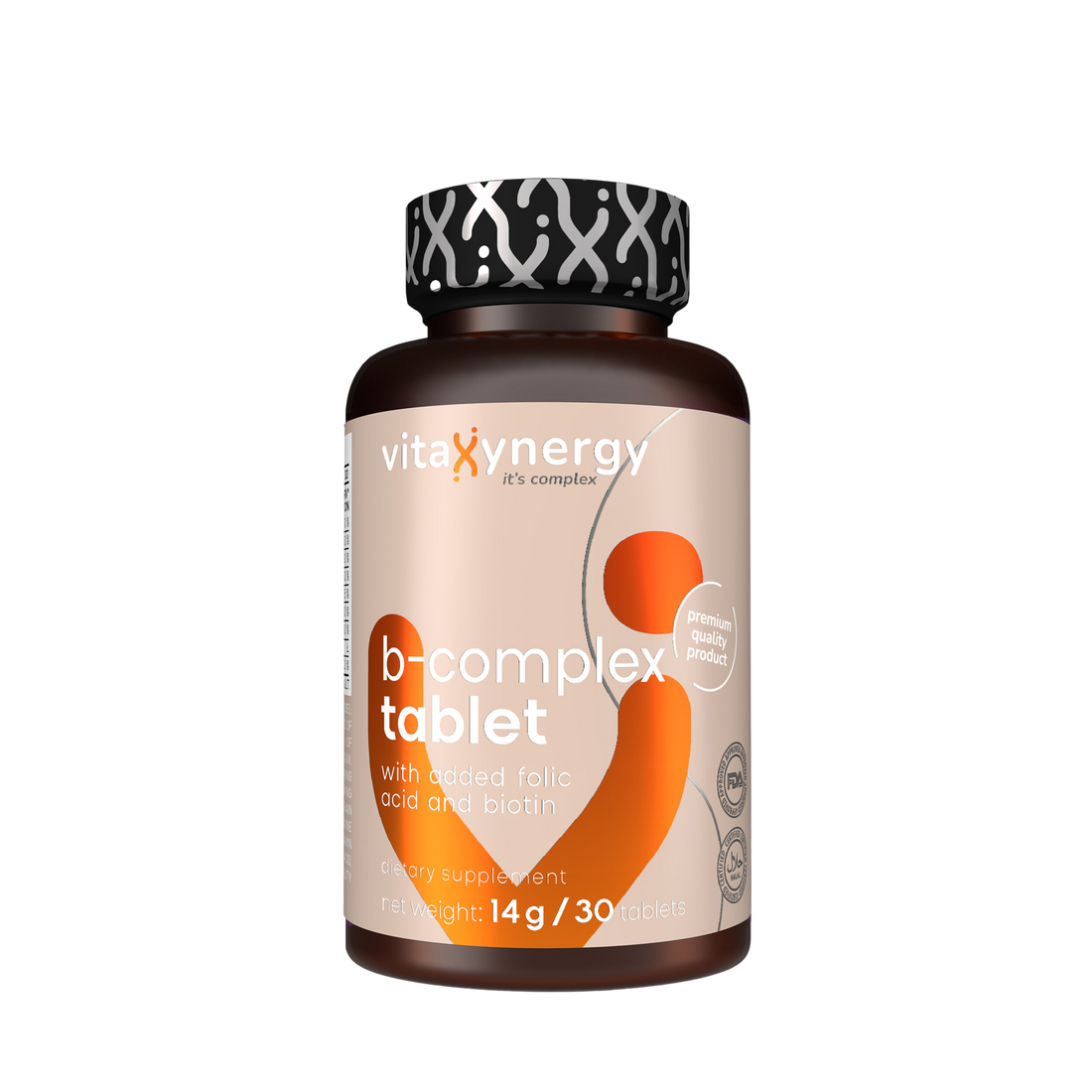Tips for Properly Taking Your Daily Supplements
In a world increasingly focused on health and well-being, vitamins and dietary supplements have become an essential part of the daily routine for many of us. However, their optimal use requires a deep understanding of the body's needs, the right dosages, and potential interactions with other substances.
Contrary to popular belief, dietary supplements are not harmless and should not be taken without medical advice.
What is the Optimal Time of Day to Take Supplements?
Supplements that support energy metabolism, such as B-complex vitamins or multivitamins, are best taken in the morning.
In the evening, supplements that help with muscle relaxation or promote sleep, such as vitamin E or magnesium, are recommended.
Supplements like iron, zinc, selenium, or Omega-3 can be taken at any time of the day without affecting their effectiveness.
Vitamin D and the Controversies Around Timing
Vitamin D often sparks debates regarding the optimal time of administration. Some studies suggest there are no significant differences regarding the timing of vitamin D intake. Other studies recommend taking vitamin D in the morning, as high levels of vitamin D may inhibit the production of melatonin, the sleep hormone, potentially causing sleep disturbances.
Administering Fat-Soluble Vitamins and Other Supplements
Fat-soluble vitamins (D, A, K, E) should be taken with a meal rich in healthy fats to ensure proper absorption and intracellular transport.
Additionally, supplements like iron, magnesium, and Omega-3 are best taken with meals to avoid digestive issues that can arise from taking them on an empty stomach. Magnesium and calcium can be taken at any time of day.
Some studies suggest that taking probiotics with a meal or about 30 minutes before a meal is more beneficial than taking them after a meal.
Beneficial Combinations:
Certain supplements enhance each other's absorption when taken in specific combinations:
- Vitamin D is absorbed much more effectively when taken together with vitamin K2 and magnesium. It can also be taken with calcium.
- Vitamin C and iron form a recommended combination if you want to correct your iron levels.
- Folate and vitamin B12 are recommended for individuals experiencing burnout. Their synergistic intake helps with absorption and transport within the body.
- Probiotics should be taken together with prebiotics to support long-term microbiome integrity.
Combinations to Avoid:
- Vitamin C can inhibit the absorption of vitamin B12, so it’s recommended to wait at least 2 hours between taking these supplements.
- Vitamin E can counteract the prothrombotic effects of vitamin K2, so their combined administration should be adjusted by your doctor.
- Zinc absorption interferes with copper absorption, so it’s best to avoid taking them simultaneously to prevent copper deficiencies.
- Calcium should not be taken with other minerals like zinc, magnesium, or iron. Each of these supplements should be taken at different times to ensure proper absorption.
- Green tea taken with iron supplements may reduce the anti-inflammatory and antioxidant properties of the tea.
- Vitamin D should not be taken together with iron supplements.
Dr. Jeffrey Blumberg, professor of nutrition sciences at Tufts University in Boston, USA, advocates for synchronizing supplement intake with the body's circadian rhythm to maximize absorption during the digestive system’s active window. He also recommends personalized hydration based on individual needs to support the dissolution, absorption, and transport of supplements through the digestive tract.
Thus, we understand that the timing of supplement intake affects not only their effectiveness but also the effectiveness of medications taken concurrently. Therefore, if you are undergoing allopathic treatments for acute or chronic conditions, it is important to discuss potential interactions with dietary supplements with your doctor and follow their advice on the right dosages and timing.
Choosing the right supplements and ensuring their quality are essential for fully benefiting from their positive effects on health.
Dr. Elena Munteanu
References:








